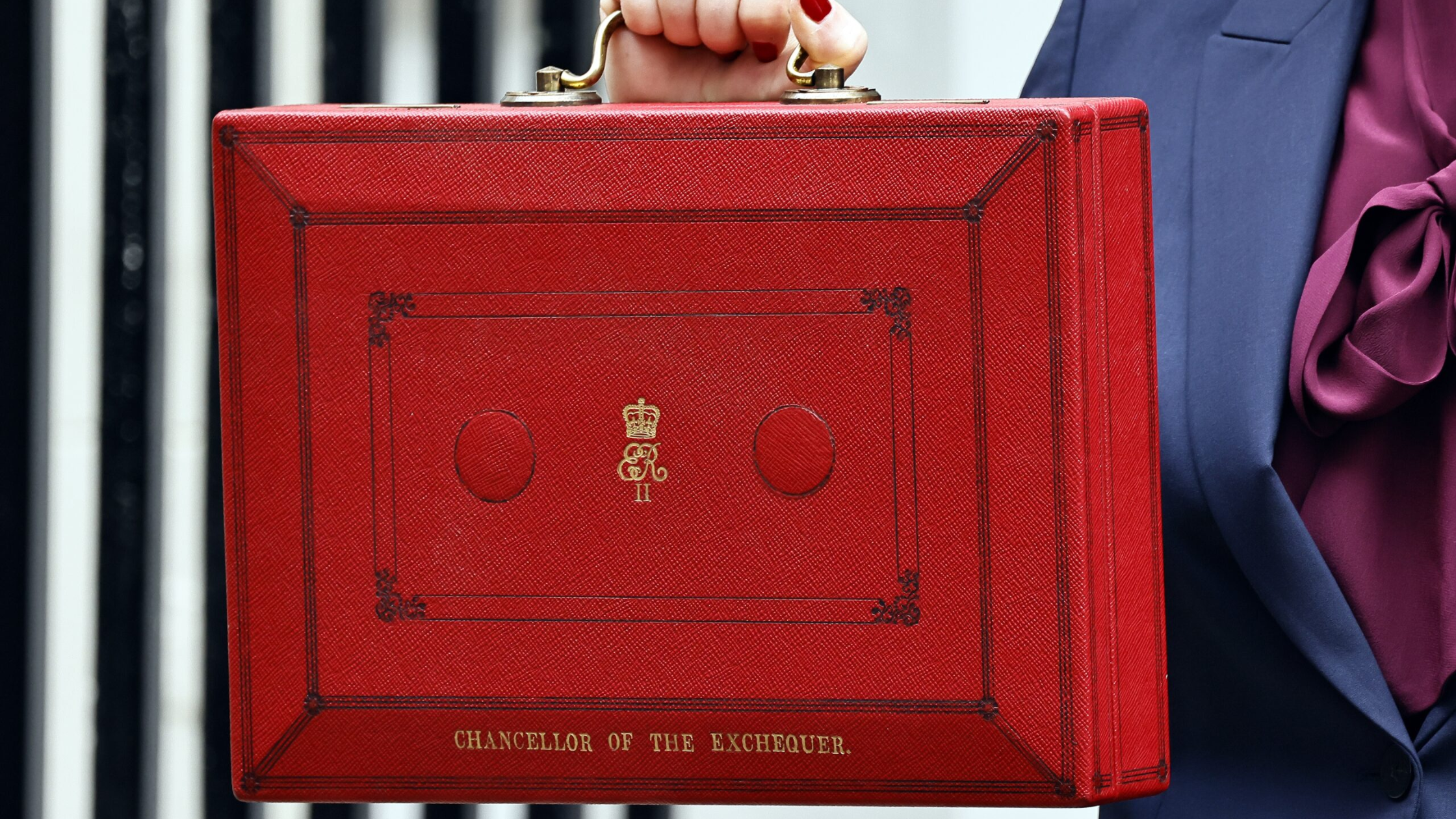How Will You Be Affected by Brexit?
With the EU referendum debate being fuelled by discussions about the economy, many of us are concerned about how our everyday lives will change should the country vote to leave the EU.
The Guardian has produced a guide on whether you will be richer or poorer in the event of Brexit, covering a host of different expenses from food and clothes shopping to pensions and mortgages. The arguments for and against Brexit can be confusing, and it isn’t clear how leaving the EU will directly affect us, but we have summarised some of the discussions around housing, pensions and savings.
Pensions
Chancellor George Osborne has claimed that without the EU, the average pensioner would be approximately £32,000 worse off. This figure has been refuted however, as this estimate is based on the assumption that inflation would reach 2.2% in the event of Brexit. The Office for Budget Responsibility has forecast post-Brexit inflation at 0.6%. Pensions will be affected depending on inflation and increases in interest rates.
Savings
If sterling decreases in value should we choose to leave the EU, interest rates may be increased as a result. The Bank of England may also choose to cut interest rates and “expand its quantitative easing programme to pump money into the economy”. Either of these outcomes is possible, and if interest rates are increased, savers will benefit. Mortgage holders would suffer however, as their once affordable mortgages may become unmanageable.
House Prices
With net migration likely to fall should Britain leave the EU, house and rent prices could fall as a result of lower demand. This would be good news for first-time buyers as house prices are slowly slipping into unaffordable territory. Current homeowners may be put off by the idea of risking negative equity on their homes. We took a look at how economic uncertainty is prompting a decrease in house prices as people wait to see the outcome of the referendum.
Mortgages
As mentioned, if interests rise, mortgages would also increase. Predictions from the Treasury indicate that mortgages could increase by as much as £1,500 per year. There are reasonably strong indications that interest rates may not rise however, as a precarious global economic outlook keeps them on hold.
For a full summary of how you may be affected by Brexit, visit The Guardian’s article where they answer 30 key consumer questions in the lead up to the EU referendum.











